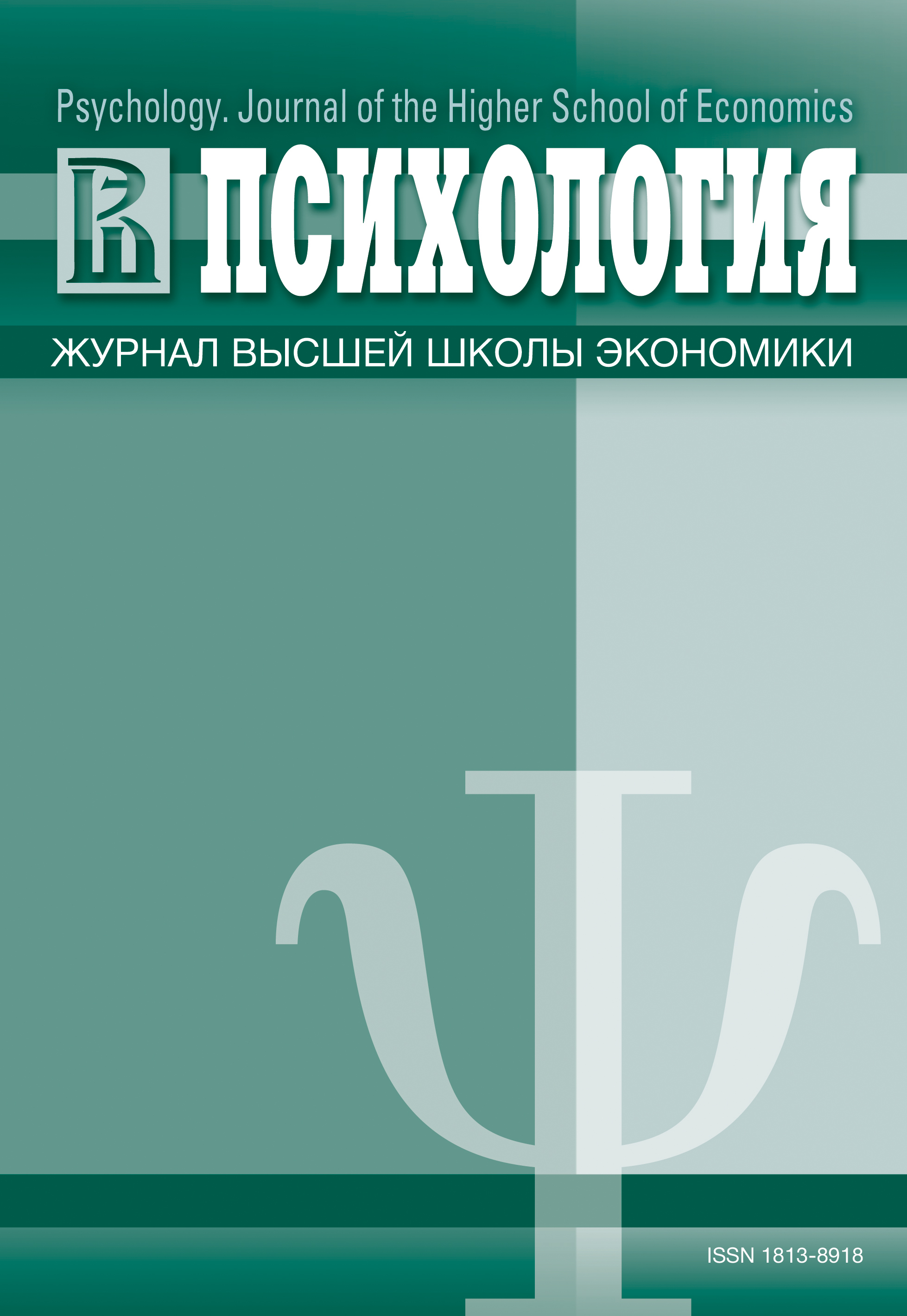Inner Power of the Leader
Keywords:
organization, inner dialogue, psychoanalysis, unconsciousness, management, leadership, coaching, internal conflict, consulting, business psychology
Abstract
The article investigates the development of leadership. New concepts are introduced that characterize the specific internal leadership Self – manager-leader, hero-leader and supervisor-leader. A new concept of leadership is developed and justified, according to which being a leader means being a director of one’s internal theatre. The task of the latter is not gradual or sequential provision of a scene to each kind of internal leader or their integration with each other but the establishment of a constructive dialogue between them. The true dynamics of the internal leadership is the awareness of the fundamental importance of co-existence of the hero-leader and the manager-leader, giving each of them an internal space, supporting their differences and the development of their differing internal forces. All this is to create the conflict-dialogue and as a result, generate something new that not only did not exist before but that also can be realised. Opening up the wealth of their own inner world with its passion, desires, fantasies, dreams and emotions – a world of pure creativity where everything is permitted – is the most important component of becoming a leader. It is necessary but not sufficient. This passionate, exuberant force of the unconscious must be curbed and placed under the control of consciousness in order to re-appear on stage again another time. A mature leader is one who is able to identify both the hero-leader and manager-leader and support a live relationship between them that may involve conflict but will be productive. The psychoanalytic dynamics of gaining leadership that is not static and cannot be acquired once and for all as a final result, but which represents an infinite internal process of professional and personal fulfilment and development, is discussed in various examples, in particular the example of Ingvar Kamprad, the founder and leader of the IKEA empire.Downloads
Download data is not yet available.
Published
2013-08-26
How to Cite
РоссохинА. В. (2013). Inner Power of the Leader. Psychology. Journal of the Higher School of Economics, 10(3), 136-148. https://doi.org/10.17323/1813-8918-2013-3-136-148
Issue
Section
Practical Psychology





